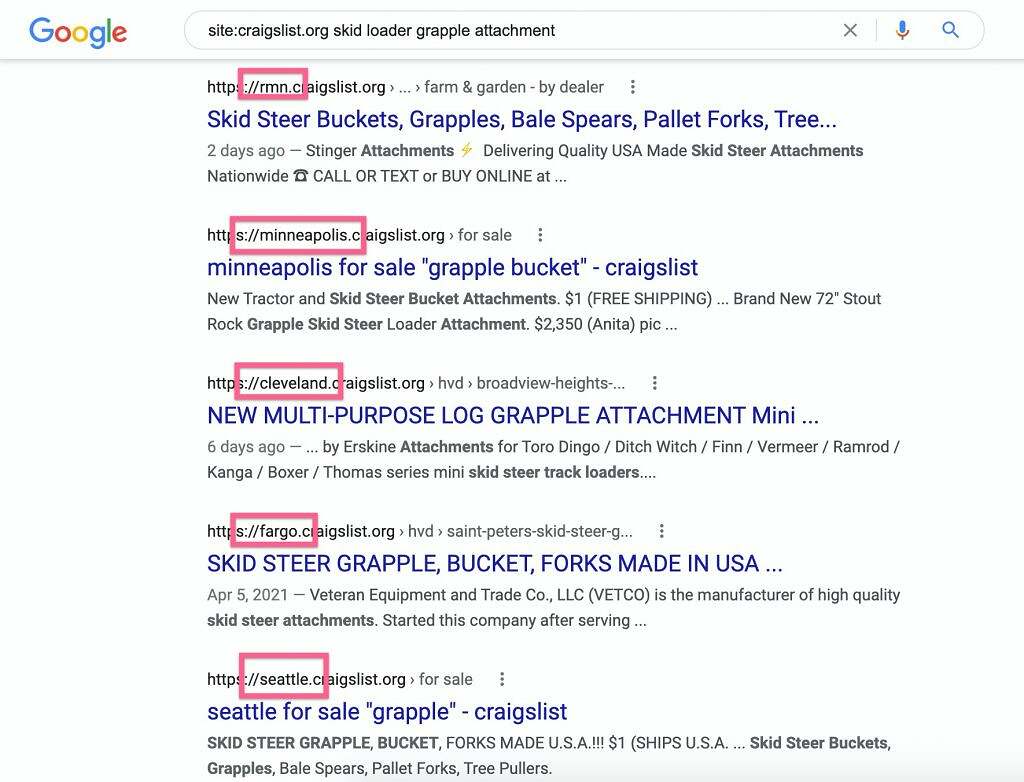G i ne Craigslist: The seemingly innocuous search term hints at a complex web of potential meanings and user intentions. Understanding the context behind this query reveals insights into online behavior, the risks inherent in classified ad platforms, and the importance of safe online practices. This investigation delves into the various interpretations, potential misuse, and the legal and ethical implications associated with this specific search on Craigslist.
This exploration analyzes Craigslist’s role in facilitating such searches, examining the platform’s different sections and the inherent risks associated with various transactions. We’ll investigate the potential for misinterpretation and misuse, highlighting the importance of responsible online behavior and providing resources for reporting harmful or illegal activities. The analysis also includes alternative search terms and related queries, offering a comprehensive view of the search landscape.
Understanding the Search Term “g i ne craigslist”
The search term “g i ne craigslist” is ambiguous and requires careful interpretation due to its potential for multiple meanings. The seemingly innocuous combination of letters and the platform can lead to various contexts and user intentions, some benign, others potentially problematic. This analysis explores the possible interpretations, associated risks, and responsible online practices.
Potential Meanings and Contexts of “g i ne craigslist”
The phrase’s meaning depends heavily on the context and the user’s intent. The letters “g i ne” could be a misspelling, an abbreviation, or part of a longer phrase related to goods, services, or personal encounters. The association with Craigslist, a platform known for its diverse classified ads, further complicates interpretation.
| Meaning | Context | User Intention |
|---|---|---|
| Misspelling of a product or service | Searching for a specific item on Craigslist (e.g., “gine” might be a misspelling of “engine” parts) | Finding a specific product or service |
| Abbreviation for a specific service or item | Seeking a particular service offered within a niche market on Craigslist | Locating a specialized service or product |
| Part of a longer, potentially inappropriate phrase | Searching for adult content or services; potentially related to illegal activities | Accessing prohibited or illegal content/services |
| Unintentional misspelling or typographical error | Accidental search query | No specific intention; error in typing |
Craigslist’s Role in the Search
Craigslist’s diverse sections (Jobs, Housing, For Sale, Services, etc.) influence how the search term is interpreted. The term’s meaning is contextualized by the specific Craigslist section used. The platform’s structure facilitates both legitimate and illicit activities, making safety a primary concern.
For example, a search in the “For Sale” section might suggest a misspelling, while a search in the “Personals” section (where available) could indicate a potentially inappropriate intent. Transactions on Craigslist, especially those involving personal meetings, carry inherent risks such as scams, fraud, and even personal safety hazards.
A Guide for Safe Craigslist Usage
- Verify information: Thoroughly research any seller or buyer before engaging in a transaction.
- Meet in public places: Never meet alone in secluded or private locations.
- Use secure payment methods: Avoid cash or methods that don’t offer buyer protection.
- Report suspicious activity: Alert Craigslist or law enforcement if you encounter anything concerning.
- Be cautious of overly-good deals: Extremely low prices can be a red flag for scams.
Potential Implications and Interpretations
The ethical and legal implications of “g i ne craigslist” searches depend on the intended meaning. Misuse could involve facilitating illegal activities, promoting harmful content, or engaging in scams. Responsible online behavior requires awareness of potential consequences and adherence to the law.
Resources for Reporting Illegal or Harmful Activities, G i ne craigslist
- Craigslist’s internal reporting mechanisms
- Local law enforcement agencies
- The National Center for Missing and Exploited Children (NCMEC)
- The Internet Watch Foundation (IWF)
Alternative Search Terms and Related Queries
Source: ytimg.com
Users might employ alternative phrasing to achieve similar results. Refining the search terms can lead to more accurate outcomes. Understanding the relationship between different search terms is crucial for both effective searches and responsible online activity.
| Search Term | Relevance | Potential Outcomes |
|---|---|---|
| “engine parts craigslist” | High (if “gine” is a misspelling) | Listings of engine parts for sale |
| “[Specific service] craigslist” | Medium (depending on the service) | Listings related to the specified service |
| “[More specific term] craigslist” | High (if the term is more precise) | More targeted and relevant results |
Visual Representation of Search Term Context
A visual representation could use a branching diagram. The central node would be “g i ne craigslist.” Branches would represent different interpretations (misspelling, abbreviation, part of a longer phrase). Each branch would lead to sub-branches illustrating contexts (e.g., “For Sale,” “Services,” “Personals”). Color-coding could represent the ethical and legal implications (green for benign, yellow for cautionary, red for potentially illegal).
The emotional impact could be conveyed through imagery associated with each branch (e.g., happy faces for positive interpretations, warning signs for negative ones).
Notice blind person meme for recommendations and other broad suggestions.
Outcome Summary
The seemingly simple search “g i ne Craigslist” unveils a multifaceted issue encompassing diverse user intentions, potential risks, and ethical considerations. Understanding the context surrounding this query is crucial for both users of Craigslist and those responsible for maintaining online safety. Promoting responsible online behavior and awareness of potential legal ramifications are vital in mitigating the risks associated with such searches.
Ultimately, responsible use and awareness are key to a safer online experience.



